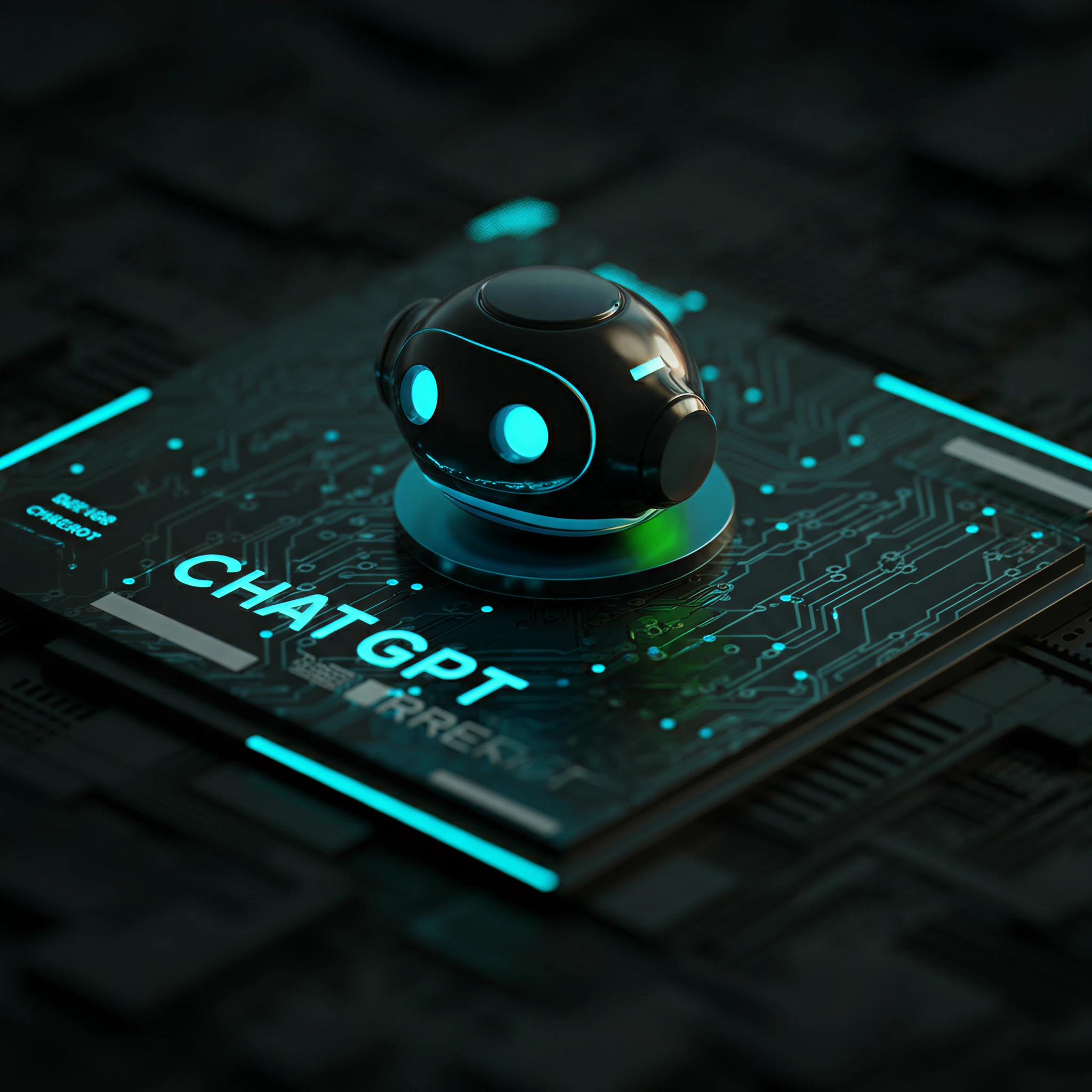Introduction to ChatGPT
Since its launch in November 2022, ChatGPT, a cutting-edge AI-powered chatbot developed by OpenAI, has taken the business and digital world by storm. It began as a tool to craft essays and aid productivity and has now evolved into an indispensable asset for businesses and individuals alike with over 300 million weekly users as of 2025.
Understanding ChatGPT and Why It Stands Out
At its core, ChatGPT uses OpenAI’s Generative Pre-Trained Transformer (GPT) architecture, enabling it to generate human-like responses, assist with complex queries, and enhance both professional and creative tasks. Unlike rule-based chatbots, ChatGPT’s adaptability and AI-driven algorithms make it a revolutionary leap in conversational intelligence.
Evolution of ChatGPT
1. Major Updates and Advancements
- GPT-4o: Introduced voice capabilities, marking significant progress in multimodal functionality in 2024.
- Sora: OpenAI’s revolutionary text-to-video model.
- GPT-4.1 and GPT-4.1 Mini: Launched in 2025, offering refined coding and faster processing, these became ideal for both business and everyday tasks.
2. Partnerships Enhancing Growth
OpenAI partnered with Apple to integrate ChatGPT across its ecosystem, including Siri and Apple Intelligence. These collaborative efforts have solidified ChatGPT’s presence in global tech ecosystems.
3. Expanding Usage Across Demographics
From school students using it for homework to government agencies opting for ChatGPT Gov, the tool’s versatility has made it invaluable across industries and age brackets.
Transformative Applications of ChatGPT in Businesses
ChatGPT has revolutionized multiple business functions, delivering efficiency, insight, and innovation.
Customer Service
Companies leverage ChatGPT-powered chatbots to automate customer experience:
- Improving response times
- Offering solutions based on previous interactions via memory-enabled features.
Human Resources
ChatGPT aids enterprises in:
- Streamlining recruitment (screening resumes, generating job descriptions).
- Enhancing onboarding processes with personalized content.
Marketing
Businesses experience increased ROI by employing ChatGPT to personalize campaigns, automate responses, and enhance customer engagement across channels.
Data Analysis and Coding
ChatGPT and Codex facilitate code generation and debugging, while its advanced insights optimize organizational decision-making. Its deep-research capabilities help break down complex datasets into actionable strategies.
Key Challenges and Legal Hurdles
While achieving monumental success, OpenAI has faced its share of challenges:
- Privacy Concerns: Notable complaints have emerged in Europe regarding defamatory outputs.
- Copyright Lawsuits: Allegations of unlicensed data usage have put OpenAI under scrutiny.
- Competitor Pressure: Facing escalating competition from Chinese firms like DeepSeek, OpenAI is focused on innovation and infrastructure growth to maintain its edge.
OpenAI’s Strategies to Evolve
OpenAI continues to expand with ambitious projects:
- Data Center Investments: A $50B data center project aims to support advanced AI capabilities.
- OpenAI for Countries: Partnering with governments to scale AI infrastructure globally.
- Acquisition of io: The move underscores the company’s intent to integrate AI hardware for mass adoption.
Competitive Edge Against Rivals
OpenAI’s race to stay ahead in the AI revolution lies in:
- Regularly upgrading AI models (e.g., GPT-4.1 mini).
- Expanding global partnerships.
- Maintaining adaptability and exclusivity in services like Codex and Sora.
The Road Ahead
ChatGPT has set the benchmark for conversational AI, capturing the imagination of industries. Its ability to adapt and innovate makes it poised for continued leadership in the AI landscape.
Want to elevate your productivity with AI? Sign up for ChatGPT today and experience its unmatched capabilities for free.








